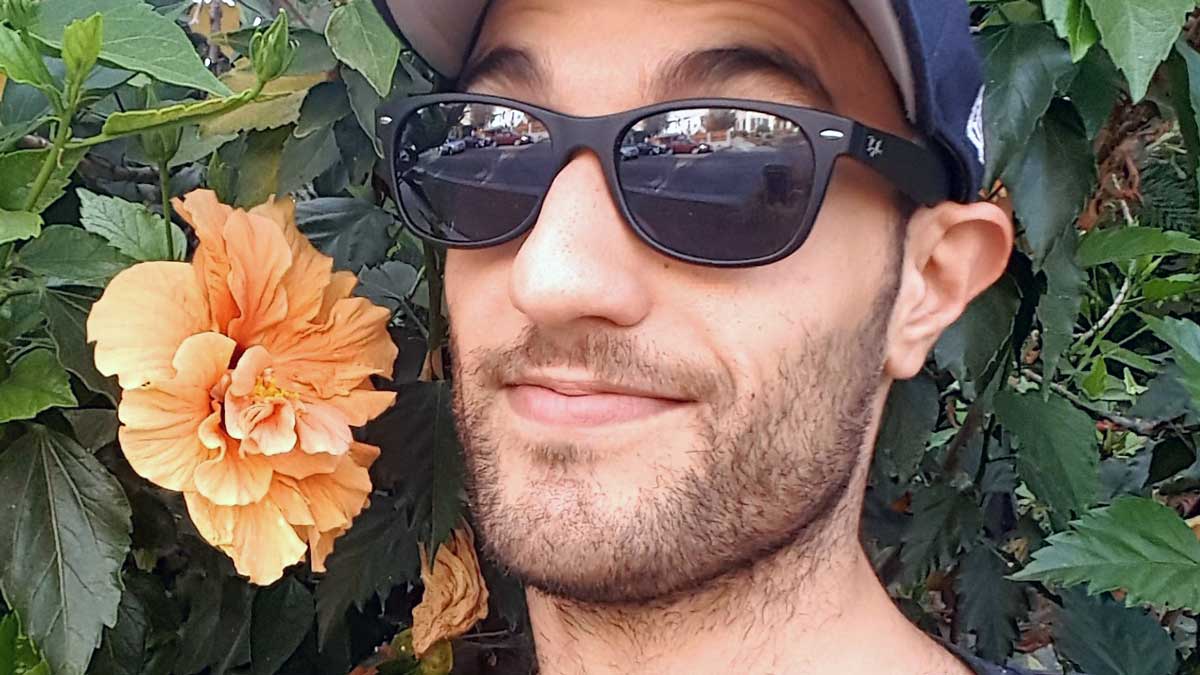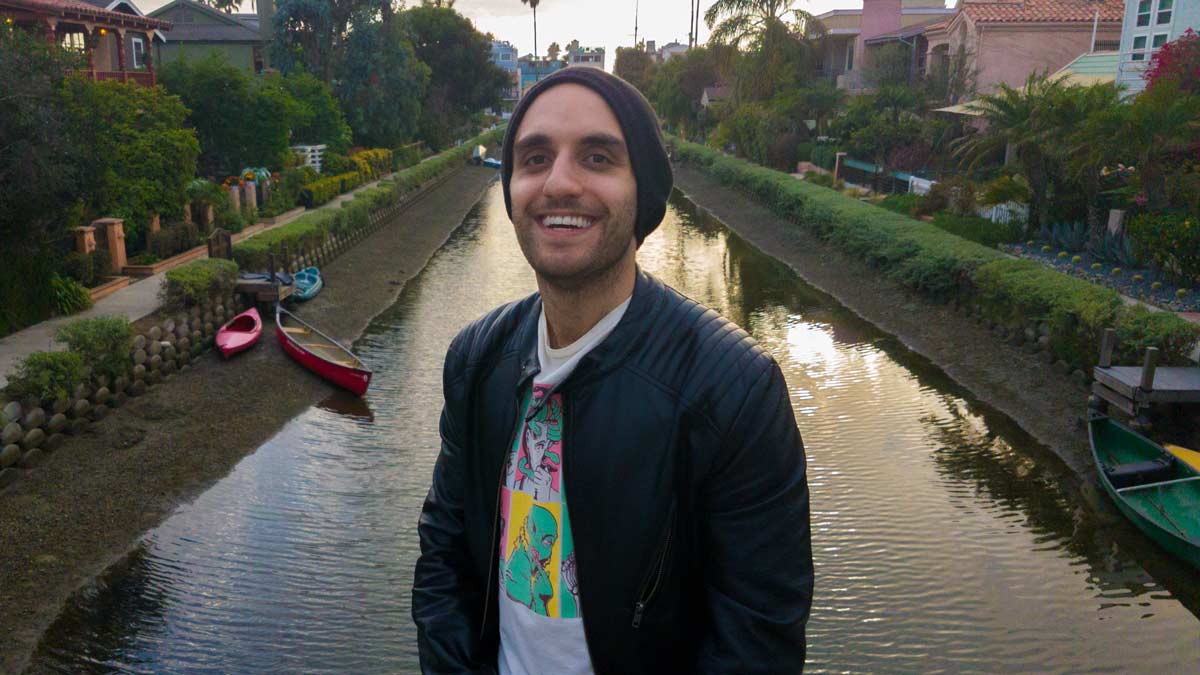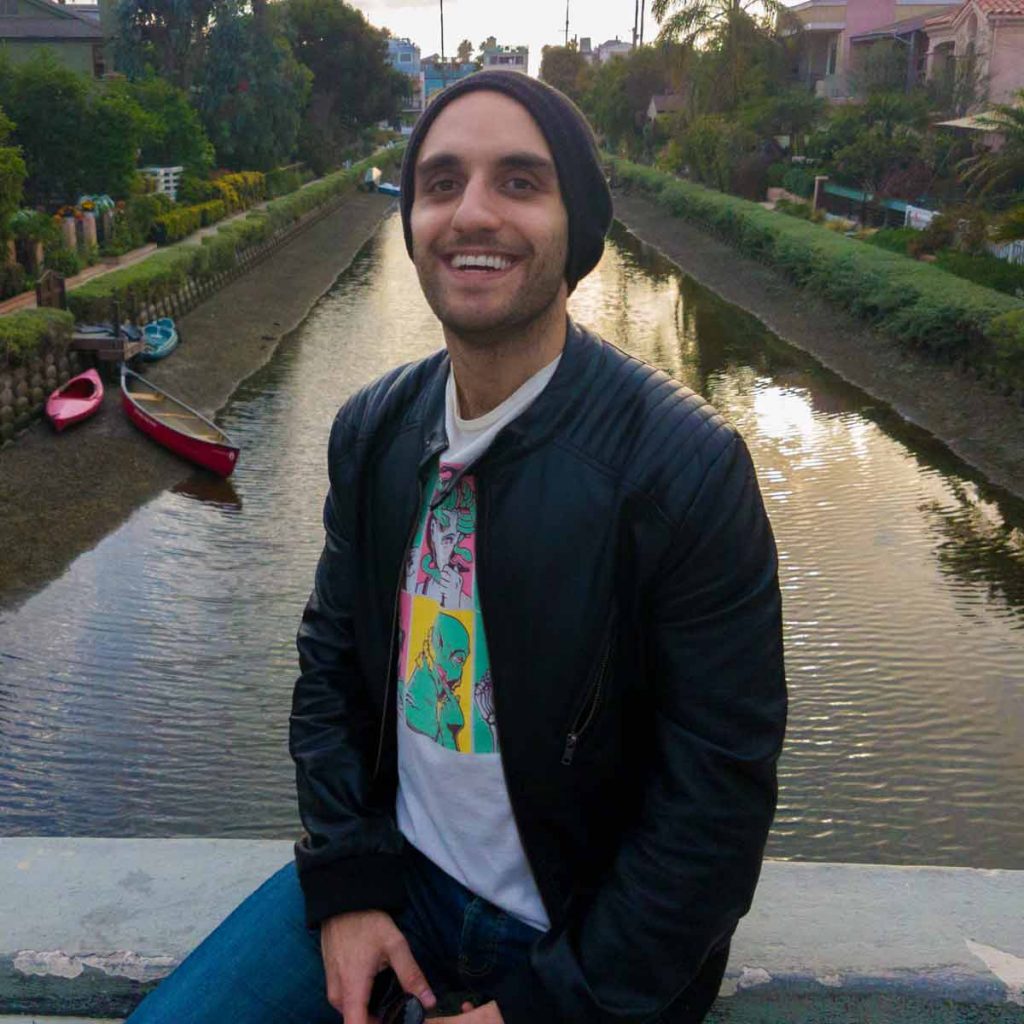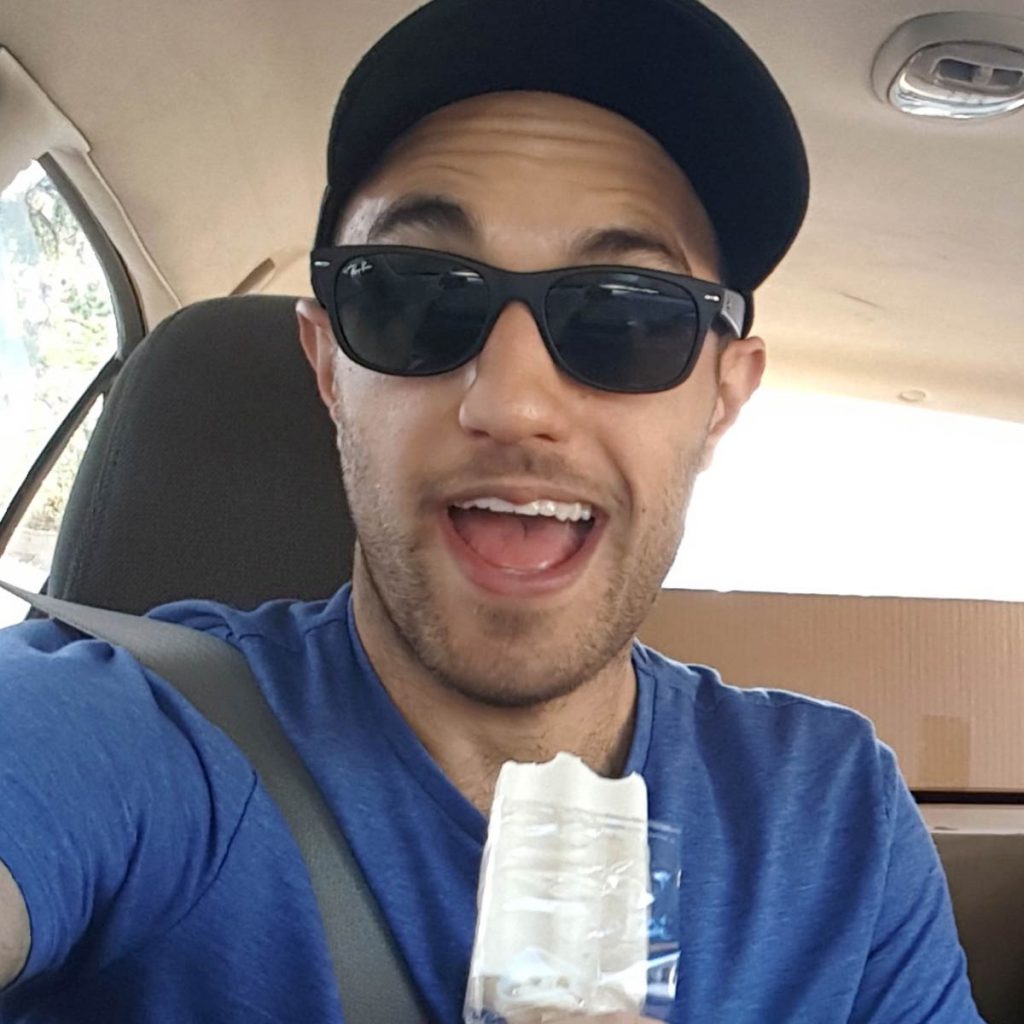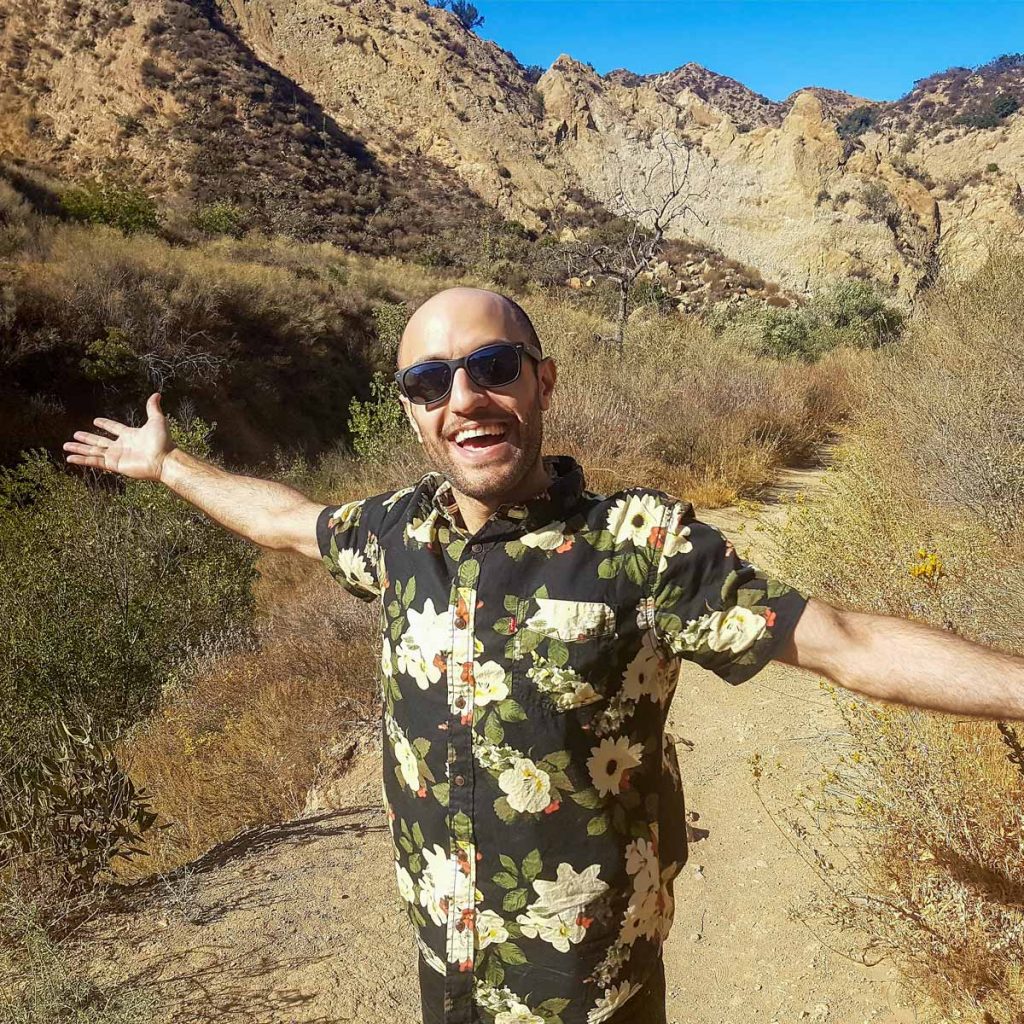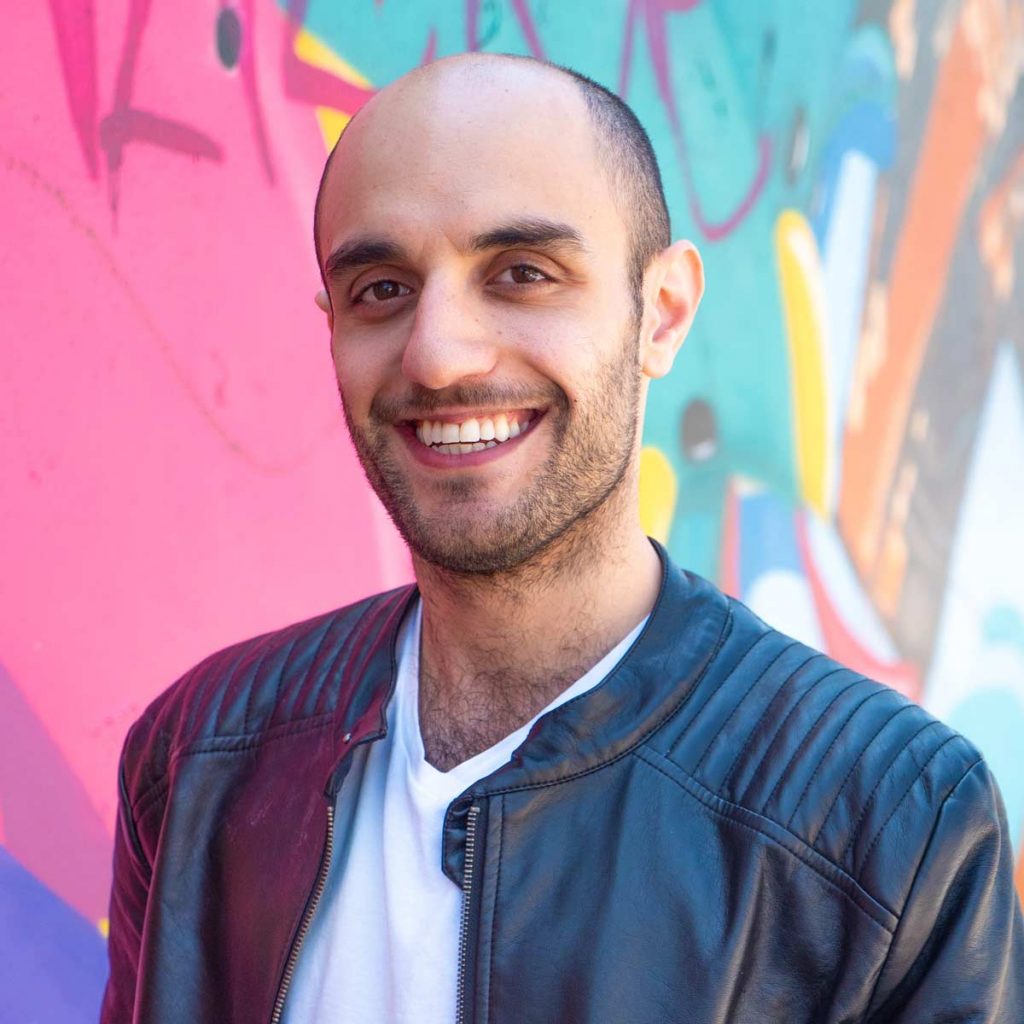Confessions of a Control Freak – Part 11: An Eater of Poison
Confessions of a Control Freak is a memoir blog series exploring the impact of Obsessive Compulsive Personality Disorder, its origins, and the rocky path to recovery. Names and identifying details have been changed to protect the privacy of all featured individuals. Subscribe to receive all future posts. More about OCPD here.
I
The decision to undertake kickboxing in my early 20s was as much motivated by the novelty as I was by the chance to channel my anger.
Until this point, all I’d had for outlet was my workaholism—hardly the most healthy outlet.
Kickboxing promised to take me away from my desk, but also provide me with the opportunity to meet new people.
During weekly group practice sessions, I befriended a man by the name of Miles.
Miles was an event planner who’d recently split with his partner of seven years after making the painful discovery that the other man had been cheating on him with a work colleague.
Following the breakup, Miles had come into a newfound spirituality, an experience that had prompted him to give up his well-paid job to study homeopathy full-time.
To finance the career move, he’d sold his apartment in Potts Point, Sydney, using the proceeds of the sale to acquire a significant collection of crystals, these Miles credited as being central to his recovery.
While I didn’t quite share Miles’ belief in the restorative power of crystals, he struck me as a kind man with a maternal instinct that rivaled even that of my mother. And yet that instinct, just like hers, came with strings attached.
Upon learning I was suffering from Irritable Bowel Syndrome-type symptoms, Miles went into full mother duck mode, insisting on treating me himself.
This treatment involved holding bottles of various homeopathic concoctions to my thyroid gland. Next, Miles would press the index and middle finger of one hand to the skin, while making rapid air quotes with the fingers of his other hand.
According to Miles, he was measuring “the vibrations”, seeking confirmation that I was deficient in this or that vitamin.
This formed the basis for his decision to then serve me diluted amounts of each concoction in a glass of water.
Days later, Miles would inquire as to whether I was feeling better, a question prompted less by genuine curiosity than confirmation bias.
Miles I realized wasn’t so much interested in the truth; to tell him that his medicine had had no appreciable benefit on my health I sensed would have incited hostility.
And so I learned to keep my responses vague and evasive.
“Uh, yeah…I think I feel better.”
After months of these treatments, I advised Miles that I didn’t want to continue receiving, whereupon he bridled.
“This stuff is liquid gold,” he said, hoisting one of the amber glass bottles into view. “Clearly you just don’t know how to appreciate quality.”
It was not the first, nor the last, swipe Mike would take at me; a tendency I realized spoke less to my own wrongdoings than a deep bitterness on his part.
“You know Essy, I really hate people,” he confided one time.
“Come again?” was my response.
“I just think they’re all so stupid,” he said. This confused me.
“I thought you changed careers because you wanted to help them.” Miles shrugged.
“I know that doesn’t bode well for my chosen profession. But I can’t help it.”
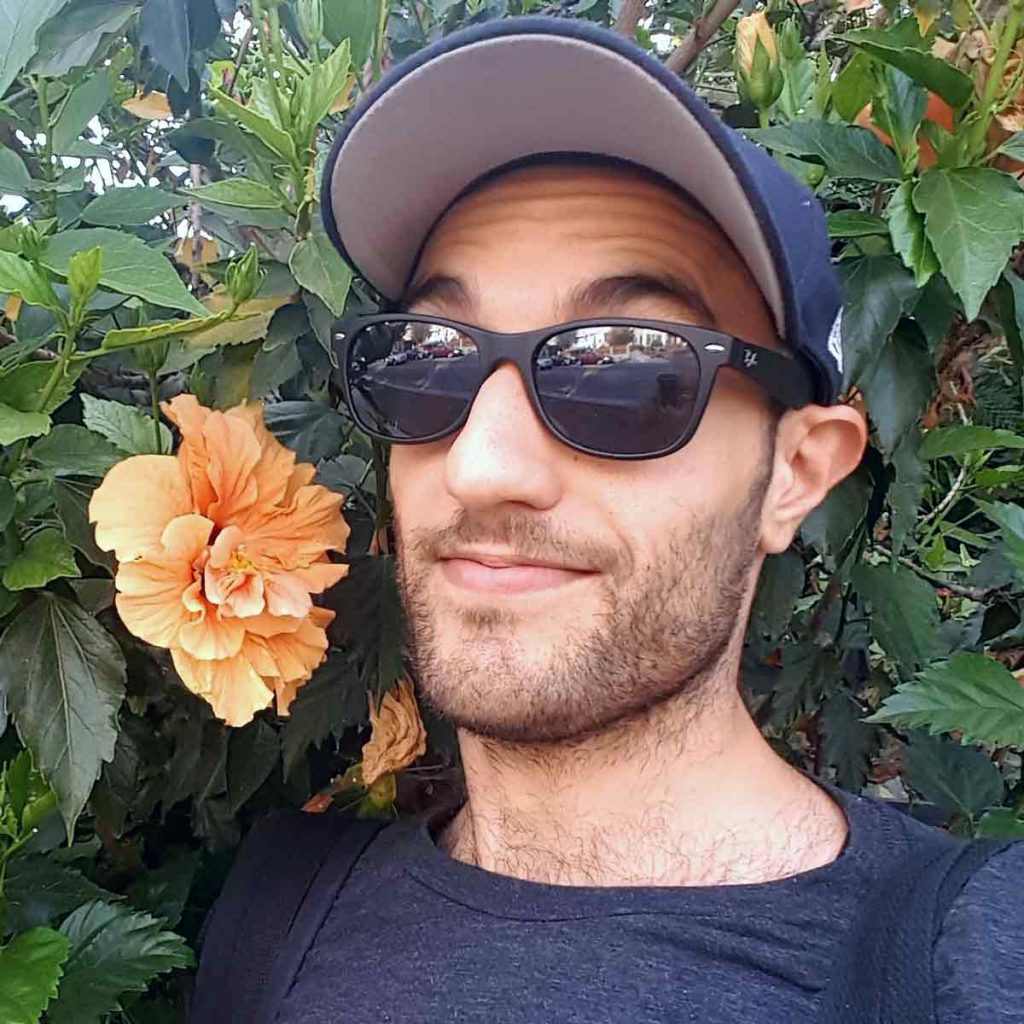
II
Some weeks later, while sharing breakfast with Miles and two of his best friends, I recognized someone I’d seen in a TV documentary.
The documentary was about aspiring directors attending an exclusive film school in New York.
Excited by the chance to meet what I considered to be a minor filmmaking celebrity, I announced that I was going to go over and say hello…only for Miles to suddenly round on me.
“Just sit the f*** down,” he snapped.
Shame colored my face. For an instant, I was a child again, subject to the stern chastising of my parents.
Stunned that none of Miles’ friends had even come to my defense, I withdrew into myself, saying nothing.
Afterward, we were walking down a narrow alley towards Miles’ car when a hatchback sedan came zooming down the road, almost clipping one of Miles’ friends.
Miles kicked the trunk, causing the driver to stomp on the brakes.
A bespectacled man climbed out, peering up at what he took to be the source of the assault. Upon seeing no one standing on the balconies above, he turned his attention to us.
“Did you just throw something at my car?”
Relishing the chance to put someone in their place, Miles accused the man of almost hitting his friend.
Rather than refuting the claim, the man responded by screaming at Miles, who in turn screamed back.
Where before I had felt shame, I now felt secondhand embarrassment—a feeling I suspect was shared by the motorist’s wife, who remained in the car, head bowed.
Half-afraid Miles might turn on me if I raised either of the incidents, I decided to let them slide.
But a week later, I found myself finally speaking out. We were in Miles’ blue Ford Mustang convertible, en route to my apartment, where he was due to help with moving some boxes to my new home.
This time, it was he who was speeding down a dark alley. A figure appeared in the beam of Miles’ headlights, just a few feet ahead—a man carrying shopping bags.
“Miles, seriously, slow down!” I shouted.
The pedestrian, reacting on instinct, jumped out of the way, narrowly avoiding being struck.
“You realize you’re doing exactly what that other driver did, right?” I asked.
Miles didn’t reply, though I could tell by his expression I had hit a nerve.
When we arrived at my new home, I invited Miles in and immediately busied myself with unpacking a box of kitchenware he’d just donated.
I was still unpacking the box when I felt Miles’ hot glare fall upon me.
“You know it’s really rude not to offer your guests drinks,” he said.
“You’re more than welcome to help yourself,” I replied absently, indicating the fridge.
As we’d been hanging out for months, I’d hoped such formalities were no longer necessary. Miles stiffened.
“You should really be offering me something,” he insisted.
From the very first time Miles had sniped at me, a feeling had begun germinating: indignation.
Several times now, he had overstepped personal boundaries, attempting to browbeat me into compliance. The dynamic was not all that different from the one shared by me and my mother.
But if that relationship had taught me anything, it was that backing down was almost always tantamount to defeat.
Turning to Miles, I fixed him with my stare.
“Stop bullying me.”
Miles’ angry response was as sudden and fierce as a flash fire.
“After everything I’ve done for you…” Miles seethed.
“Miles,” I began, “stop…bullying…me.”
“You need to think long and hard about how much of a good friend I’ve been to you,” he spat. “Such ingratitude.”
Thus confronted, Miles turned then and swept out of my apartment.
The two of us had become like two abutting mountains for whom compromise was categorically impossible.
No surprise then that Miles and I never spoke to one another ever again.
III
In hindsight, I can now recognize the forcefulness with which I responded to Miles, and how that only served to escalate the situation.
It’s possible that I could have negotiated my boundaries with Miles more tactfully. Yet for someone who had struggled so long to find his voice, that moment felt like a true triumph.
Not merely because I had stood up for myself, but because it involved recognizing—and breaking—a pattern.
Miles as it turned out was one of several maternal or paternal figures to whom I became attached after moving out of my folks’ home.
What I had desired from their presence was the certainty of familiarity. Yet having fled the old, I’d settled for more of the same under the guise of something new.
This time, however, I had not waited for things to take their course. Rather, I had resisted, and in so doing, started to become my own person.
Even so, the situation had revealed to me startling parallels between Miles’ behavior and my own.
When in the heights of my workaholism and perfectionism, I too could be rigid and bossy; had tried to exert control over others.
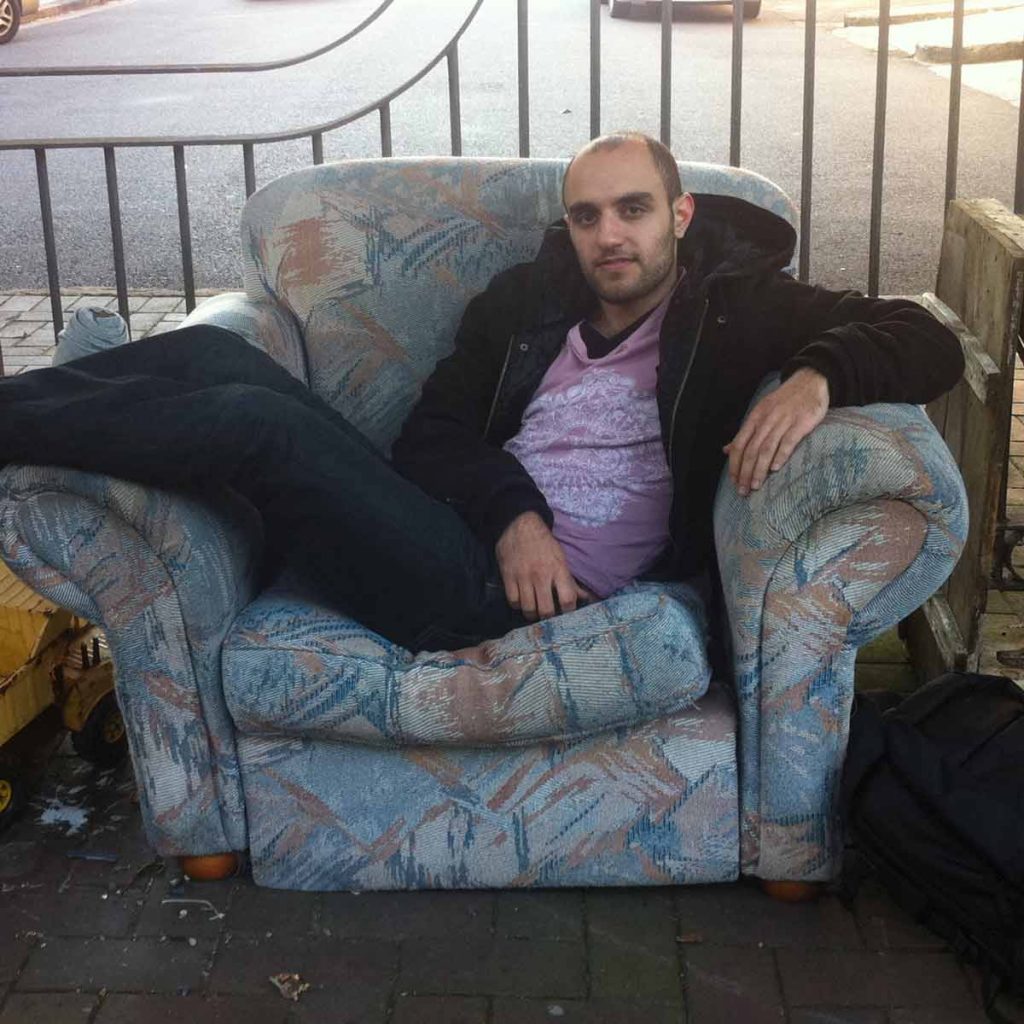
IV
My growing self-awareness about these challenges began with a song I wrote during a brief music-making phase.
“Bow your head, my friend, this path is best taken,” the lyrics ran. “These hammers flatten, these whetstones sharpen / Like a manufactured object, we come out no weapon / But a tool—a tool of self-salvation.”
This song, titled “Lord of Industry”, was penned in tribute to my own version of the Protestant work ethic.
It was more or less a rationale for my worshiping at the altar of workaholism; a recognition of productivity as a healthy coping mechanism.
Like the peacock in an anecdote often told in mindfulness circles, I was a creature with a singular appetite for cobras. An eater-of-poison, capable of drawing nourishment from the most unlikely of sources.
This ability enabled me to transform the toxic into the beautiful: to yield the iridescent tail feathers for which my kind was so renowned.
“Lord of Industry” was therefore an attempt to persuade myself of the immaculacy of this philosophy—one that tended increasingly towards atemporal claustrophobia.
If time was a currency, I seemed to be forever running short. Every hour of the day was now earmarked for work. Yet how else could I have otherwise met the daily quotas I’d declared necessary to reviving my deflating self-worth?
For peak performance to be possible, full control of myself, my circumstances, and others I believed was entirely necessary.
This need for control was often viewed by others as a kind of megalomania. And for someone who already believed themselves fundamentally misunderstood, their accusations only served to deepen this conviction.
Knowing that those around me could not be relied upon for acceptance, I turned ever more towards the twin refuges of workaholism and perfectionism, substituting pain for defiance.
In the words of the protagonist of Percy Bysshe Shelley’s poem Prometheus Unbound: “Pain is my element as hate is thine. Ye rend me now: I care not.”
V
Yet I soon began to question: just how much of my ritualized behavior was a strength, and how much of it was thinly disguised self-flagellation?
From whence came this compulsion to forever measure my worth by my output?
And: by forever working, managing and perfecting, was I learning to accommodate the many ambiguities of life, or merely dodging them?
With each passing year, the sun only dipped further towards the horizon, lengthening the loneliness that followed me like a shadow.
That shadow had appeared following the erosion of my family: a development I increasingly seemed unable to recall.
Trauma, I would discover, had slammed shut the doors of memory, fragmenting the coherent narrative of the past into a million shards.
All my attempts to piece that narrative back together had only served to wound me, drawing blood.
In order to survive, I had learned to compartmentalize, splitting off a part of myself.
This alienated part of my identity was like a neurotic homunculus; a representation of all the injuries unacknowledged, the emotions suppressed; the severed childhood no longer accessible to me.
If the homunculus was a testament, then I was a tomb-keeper, sealing him away in the depths of my psyche.
He now sat in an interior driver’s seat, turning wheels and pulling levers, operating largely unobstructed and unchallenged.
The result was the complex of behaviors and compulsions I would later call Obsessive Compulsive Personality Disorder.
All the fear and rage I’d denied my child from feeling had gone unvented. The absence of an eruption had led me to believe that I was fine.
But all that internal pressure still sought release, forcing its way to the surface, oozing and hardening into blackened fields of frustration and cynicism.
While physically I had matured, emotionally I remained stuck, blind to the resulting attrition of my mental health.
For me to reverse this decline, something would first need to shake me back to full wakefulness. Turned out that something was a car crash.
Confessions of a Control Freak continues with Part 12: “A secondary gain”.

Essy Knopf is a therapist who likes to explore what it means to be neurodivergent and queer. Subscribe to get all new posts sent directly to your inbox.


